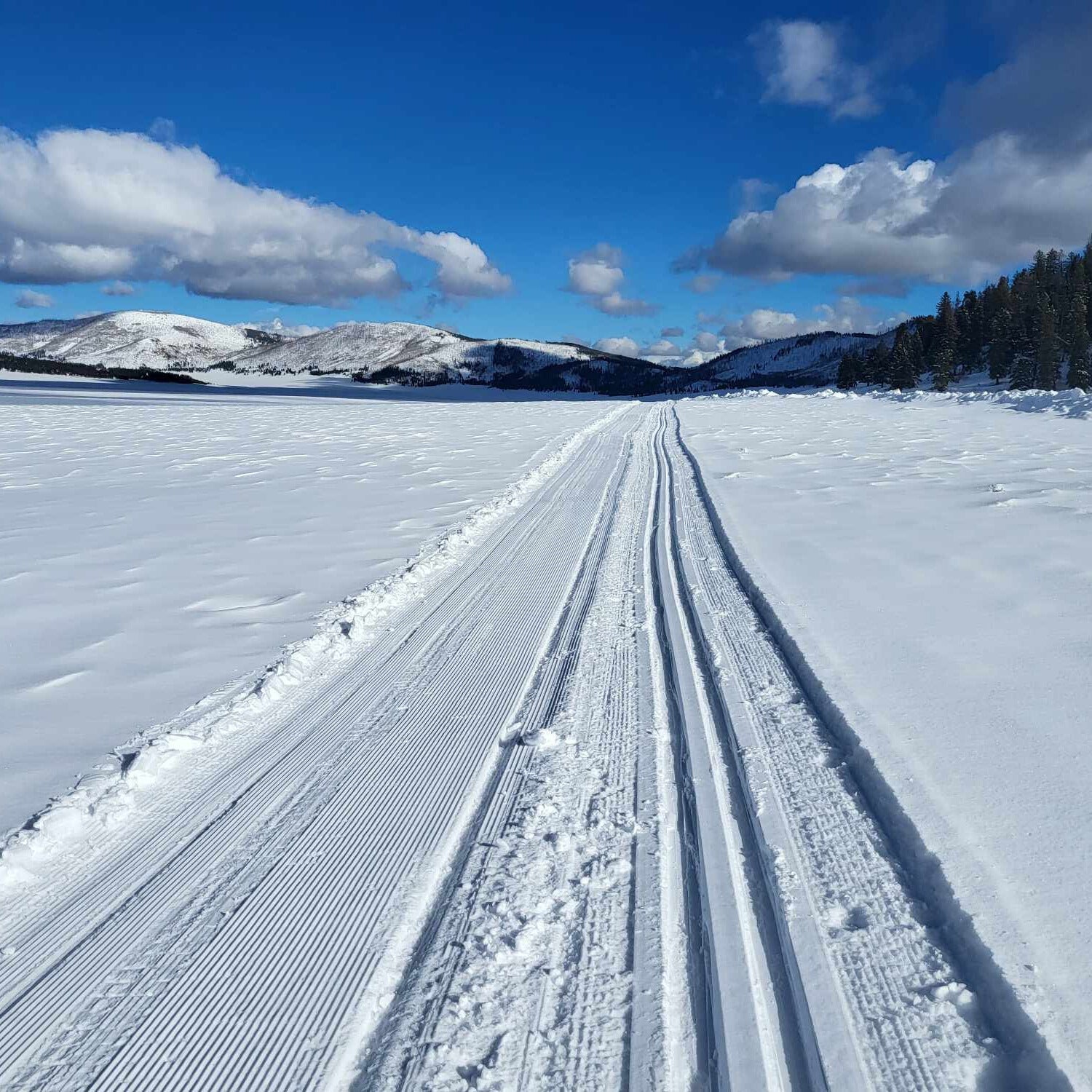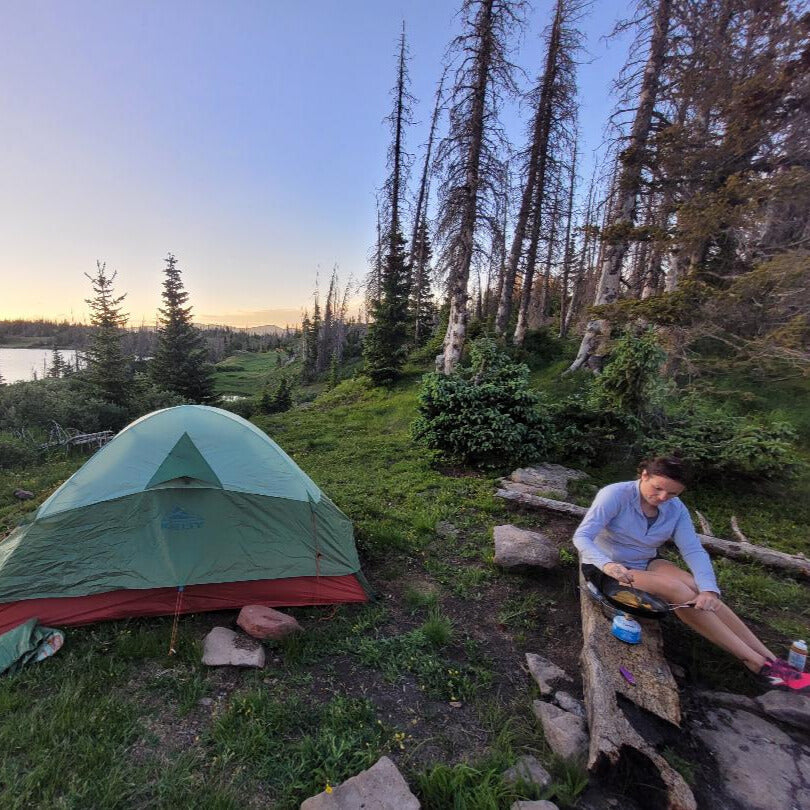Your Cart is Empty
accepting gear drop offs Mon-Sat 10am-5pm. No Consignment acceptance on Sundays.
accepting gear drop offs Mon-Sat 10am-5pm. No Consignment acceptance on Sundays.

The stay at home orders have turned to safer-at-home orders for the state of Colorado beginning 4/27/2020. What does that mean for business, you ask? Let us share what we know with you. Beginning Monday, 4/27/2020, non essential businesses (that's us!) are able to provide curbside pickup. Then starting on Friday, May 8th, non essential businesses are allowed to start letting people shop in-store.
The local health agency, San Juan Basin Health, is working on a self certification form for us as employers to comply with to help limit the spread of Covid-19 as we resume some sort of normalcy. This includes encouraging the use of a face covering, washing your hands thoroughly and frequently, maintaining at least 6 feet of space between one another, limiting groups to 10 people or less, not entering public spaces if you are exhibiting symptoms, obtaining and documenting employee temperatures, and practicing safe cough and sneeze protocol.
If you're interested in consigning with us our new consignment protocol will be slightly different than the way we used to do it before our closure. We will have signs instructing consignors to bring all soft goods in a trash bag or some other disposable container and dropping it off outside of the back door. If you have hard goods, such as bikes or kayaks, we will be wiping those down with disinfectant, pricing them, and getting them out on the floor per normal operating procedures. With the soft goods, we will be filling out a brief consignor form that includes information such as your consignor information and whether or not you'd like for us to keep or donate items we aren't able to consign.

Thanksgiving is almost here–and skiing this early is always a gamble. Here are some non-skiing warm(er) weather destination ideas for the long break.

Just a couple hours from Durango, Valles Caldera is a great cross-country skiing destination, with surprisingly good snow and very few visitors.
Valles Caldera National Preserve is a popular hiking destination in the summer and a surprisingly great skiing destination in the winter.

When spending one night (or many) in the backcountry, a warm dinner at night and hot beverage in the morning can make the difference. That invariably involves using a stove of some sort–but which one?
Stove technology has been around for decades, but new tech is making them lighter, more efficient, and more dependable than ever before. Here’s a rundown of the different kinds of backpacking stoves: